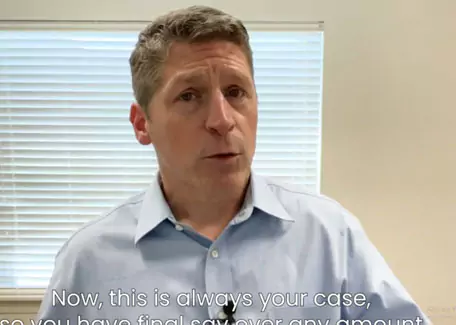To Whom Do OSHA Regulations Apply, and are There Exemptions?

To Whom Do OSHA Regulations Apply, And Are There Exemptions?
The Occupational Safety and Health Administration, or the OSHA as it is more commonly known, protects the health and safety of workers throughout the United States. The OSHA was created by Congress in 1971 with the passing of the Occupational Safety and Health Act of 1970. The Act ensures that workers have safe and healthy working conditions and enforces workplace standards and laws. The Act also provides education, training, assistance, and outreach. Since the law was enacted, the number of work fatalities has dropped by more than half, and the number of overall workplace injuries and illnesses has also reduced.
Although the Act has provided protection for millions of workers since its inception, it also does not apply to all workplaces. Below, our Baton Rouge workers’ compensation lawyer outlines who is subject to the OSHA regulations and the partial exemptions that apply.
To Whom Do OSHA Regulations Apply?
The OSH Act applies to the vast majority of employers and employees in the private sector in all 50 states, the District of Columbia, Puerto Rico, and other territories of the United States. The federal OSHA or OSHA-approved state job safety and health plan provide coverage under the Act. When a worker is excluded from a state plan, such as workers who are employed on military bases or in maritime industries in some states, federal OSHA may provide coverage.
Workers employed by local and state government entities are not covered by federal OSHA. However, these workers may still be protected under the Act if they are employed in states with state programs approved by OSHA. Individual states and the territories of the United States can enact their own plans that provide coverage for state and local government workers.
Although public sector employees are not generally covered under the OSH Act, the law does establish a separate program for employees of the federal government. Under Section 19, the heads of federal agencies have a responsibility to provide safe and healthy working conditions for their employees. Federal agencies are not fined by OSHA, but they are monitored, and inspections are conducted when workers report dangerous working conditions.
The OSHA and the OSH Act do provide many employees with important protections. Unfortunately, the laws and regulations do not apply to all employees in the country. The law outlines both full and partial exemptions.
Full Exemption: Self-Employed Workers
The term ‘employer’ is defined under the OSH Act as a person who engages in business practices and who is responsible for employees. As such, individuals who do not have employees are not subject to the laws and regulations outlined in the Act. On the other hand, even if an employer has just one employee, the laws and regulations still apply. This remains true even if a business owner operates their company as a sole proprietor but still has employees.
Full Exemption: Federal And State-Regulated Industries
Employers and employees who are regulated by the state or federal government are not subject to OSHA rules. For example, nuclear power plants and mining companies are regulated by government agencies, and they are not under the authority of OSHA. The OSHA also does not generally protect state employees because states typically have their own approved programs that have their own regulations.
Partial Exemption: Employers With 10 Employees Or Less
While the OSH Act does apply to all employers who employ even just one worker, employers with 10 employees or fewer are eligible for a partial exemption. These companies do not have to keep records for injuries or illnesses unless there is an OSHA mandate that explicitly covers an injury or illness. Still, employers with 10 or fewer employees are still required to report any injury or fatality that happens in the workplace.
In response to the COVID-19 pandemic in 2020, OSHA recently modified the reporting requirement. Now, all employers must report the number of confirmed COVID-19 cases in the workplace. Employers must only report a confirmed case if all of the following are true:
- The COVID-19 case is considered confirmed according to the CDC standards,
- The case is related to the place or position of employment, and
- The case involves time lost from work, transfer to another job, work restrictions, loss of consciousness, medical treatment that extends beyond first aid, or death.
Call Our Workers’ Compensation Lawyers In Baton Rouge Today
If you have been injured or sick while on the job, our Baton Rouge workers’ compensation lawyers at Big River Trial Attorneys can advise you of your rights. Call us now at (225) 963-9638 or contact us online to schedule a free consultation with one of our knowledgeable attorneys.




